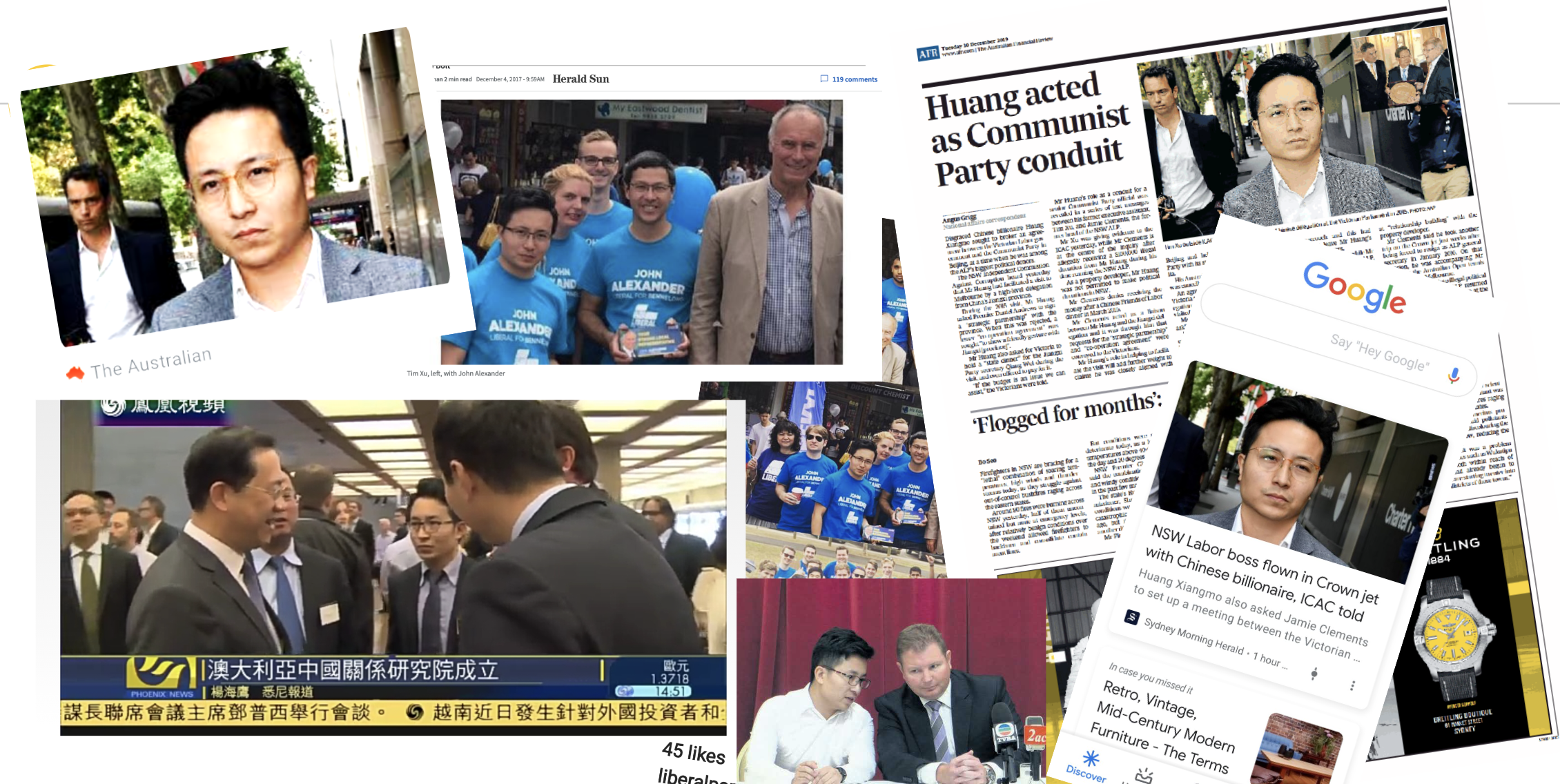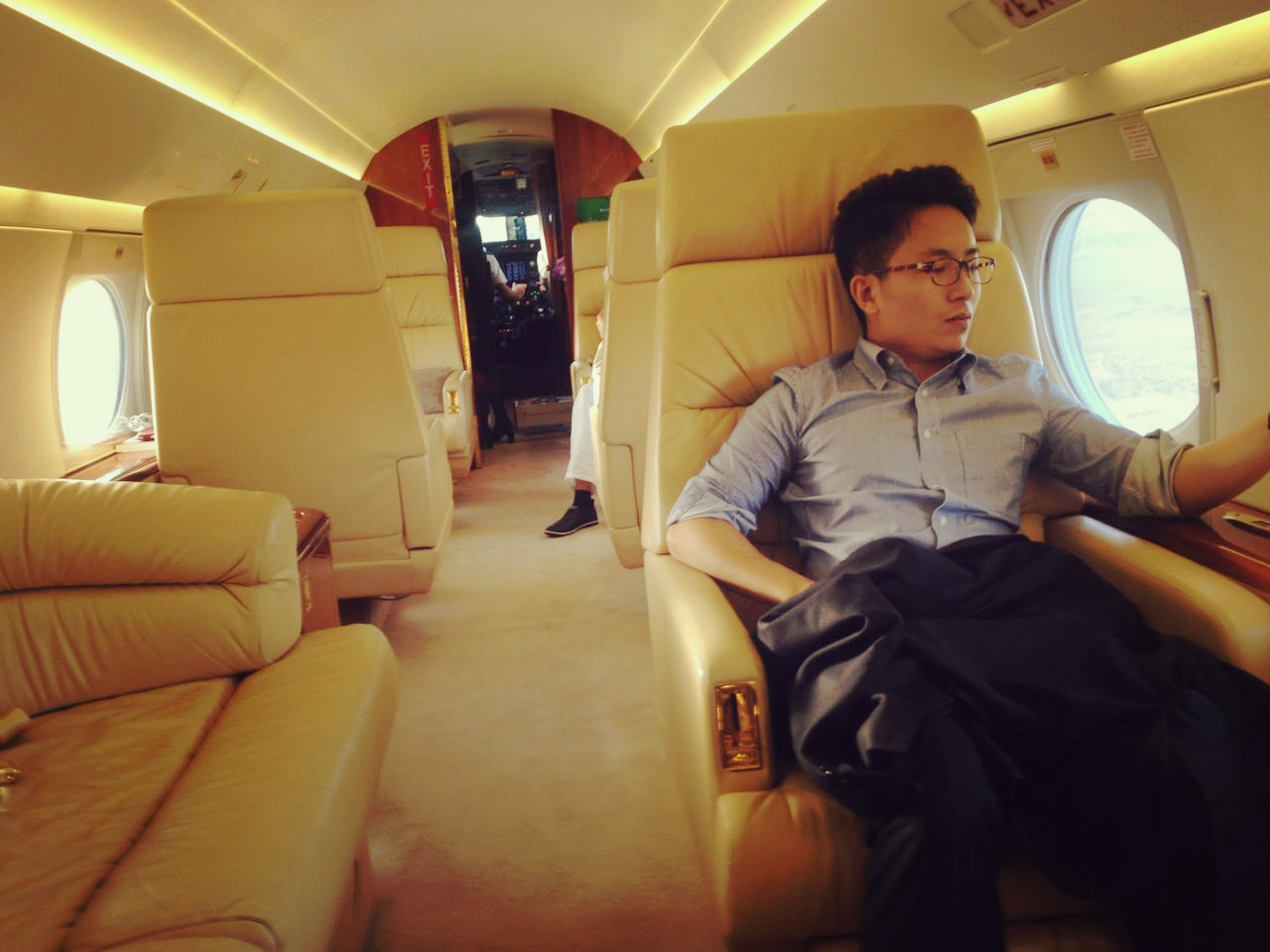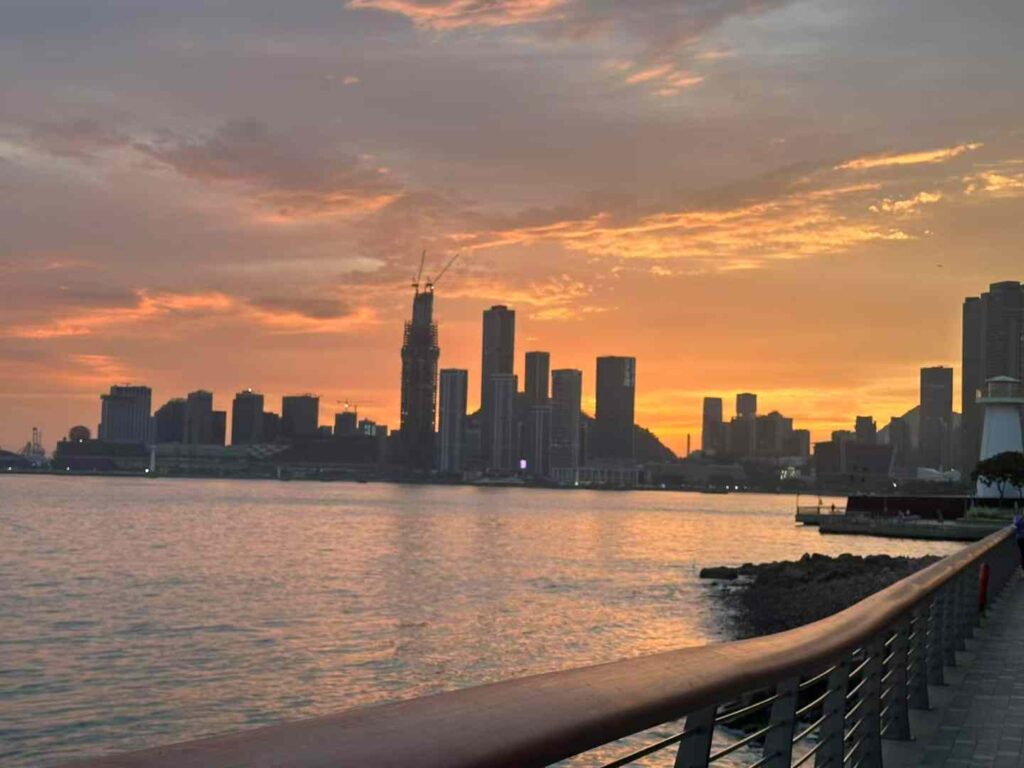The flow of Capital
At the time, I wasn’t fully aware of the scale of China’s economic rise, nor did I realise how quickly Chinese capital was beginning to flow into Australia across various sectors. When I first moved to Sydney from Brisbane, I was genuinely surprised to learn that shopping malls and office towers were being acquired by Chinese developers.
Shortly after that discovery, I became known for my work with one of the most high-profile figures in Australia’s property sector. Foreign investment in real estate has never been universally popular, but the controversy wasn’t about urban development or building communities—it was about something the Foreign Investment Review Board (FIRB) doesn’t regulate: political donations.
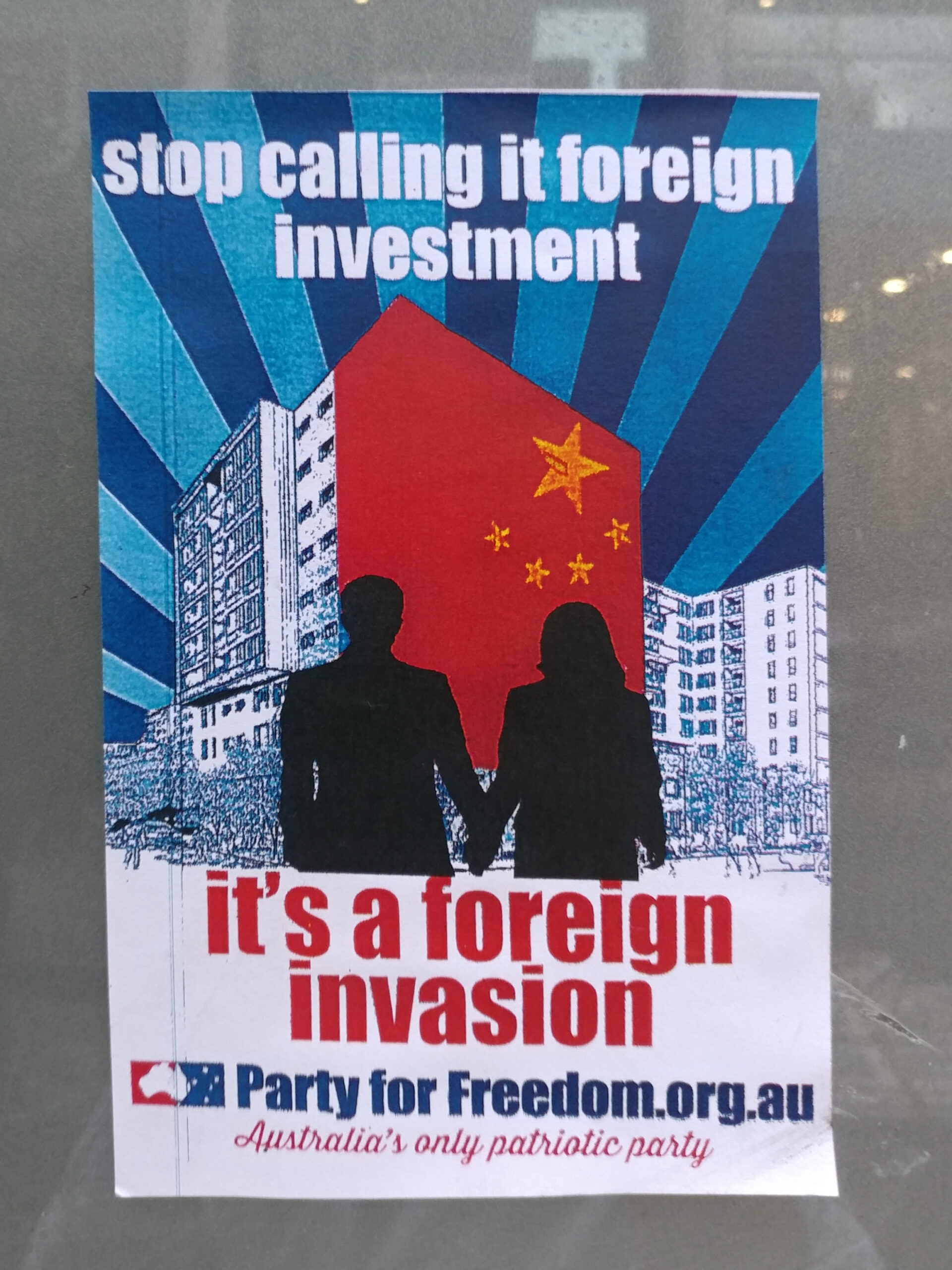
Poster spotted in North Sydney, 2017
With a natural ability to read the room and navigate conversations, I quickly found myself with a front-row seat to a world filled with power. My general interest in current affairs—and, at the time, closely following the revolving door of national leadership—helped me learn fast and adapt even faster. I did my best never to be caught out of my depth.
It was an intense role and a dramatic departure from my previous path. I had never been formally trained as an interpreter, but I was suddenly tasked with carrying messages across business, cultural, and political lines—directly to the public figures I had only ever seen in the media. Not long after, I was pleasantly surprised to receive feedback from a seasoned diplomat and politican who highly praised my ability to convey messages accurately and with nuance.

Up close with no power
I have to say, most politicians don’t always appear to be powerful figures. In fact, part of their image is built on being approachable—I sometimes find it amusing how much effort goes into appearing like everyday people in their finely crafted social media content. In my experience, many of them genuinely come across as down-to-earth in person. Even those in senior positions were often open and friendly enough that I became acquainted with them through casual conversations over dinner or coffee—something that says a lot about the culture of accessibility, even for someone like me, who possessed no power.
I have fond memories of working alongside many of them, and came to admire the communication and people skills they brought to the role. Being in those positions often requires a degree of performance—polished, persuasive, but not always authentic. Even the least skilful among them tend to master the art of repeating party slogans and talking points on cue. The more charismatic ones are capable of shifting topics mid-sentence—like moving from “
let a thousand blossoms bloom” to citing statistics about crocodiles endangering lives in their electorate, without missing a beat.

Dealing with the public is only one part of their lives. Being an Australian politician demands relentless energy—and occasionally, a stab-proof vest. The Killing Season was probably as brutal as House of Cards—hopefully, the stabbings are more metaphorical in real life. From the outer edge of that world, you hear things: rumours, whispers, stories passed around like half-truths. The rising political star was rumoured to be on drugs—I always admired his ability to carry a conversation no matter where I ran into him. It could’ve just been ADHD.
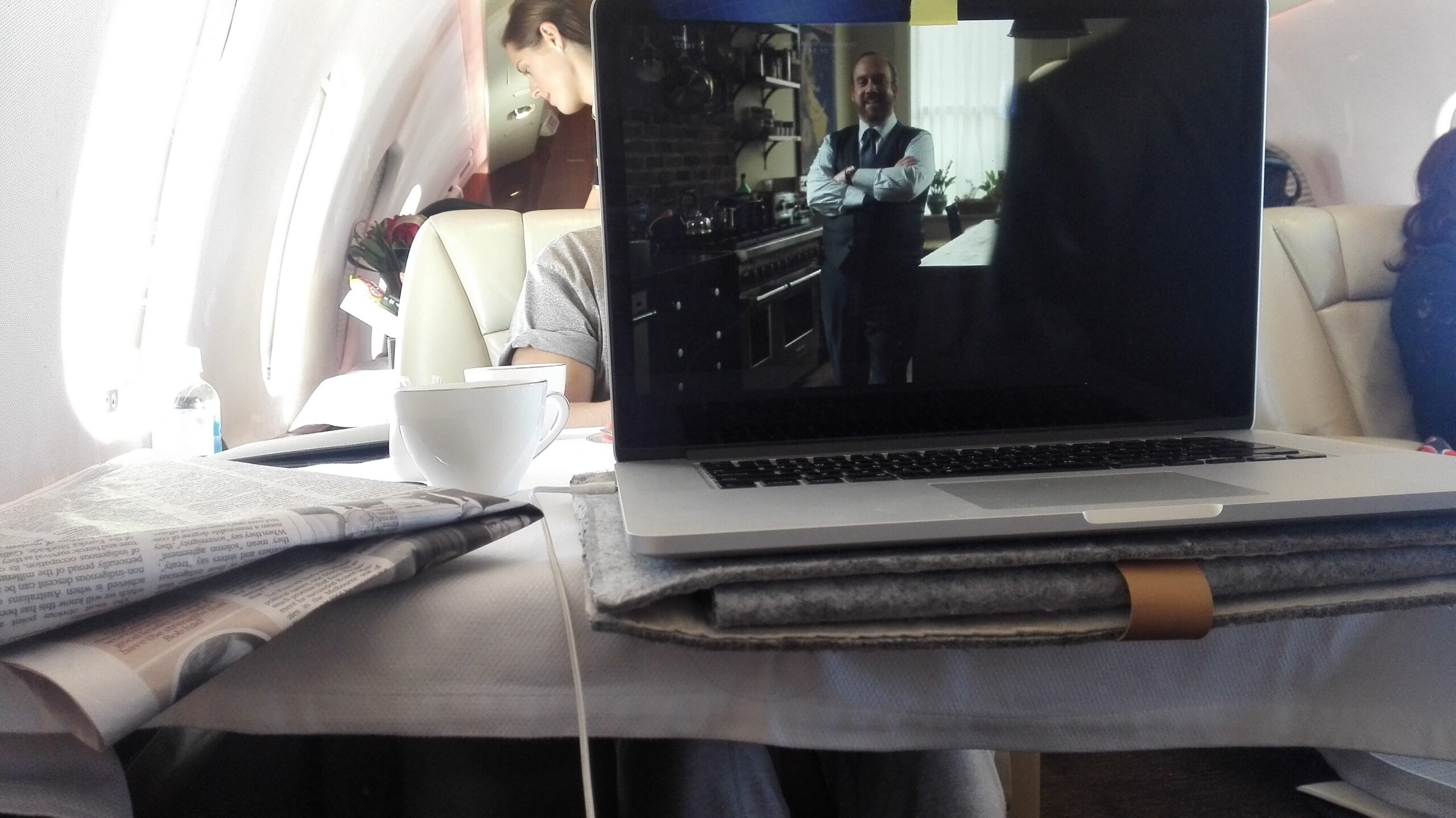
Rumours sometimes evolve into scandal—and that’s part of political life, too. Those who face a downfall usually admit to a lapse in judgment. The brutality of Australian politics is that once you’re out, there’s no Deng Xiaoping-style comeback. (That said, we often see a soft landing in corporate or advisory roles.) A valuable lesson I took from witnessing those downfalls is that sound judgment—even in everyday life—is critical to survival.
Sometimes, controversy escalates into legal battles. What began as routine media monitoring soon turned into reading between the lines—where criticism blurred into accusation. I found myself increasingly involved in navigating the layers of reputation management. Certain matters required counsel from the top defamation QCs in their chambers. Over time, I built up a working knowledge of defamation law and the quiet mechanics of damage control.

Eventually, it became mentally exhausting to stand in such an unusual overlapping space—between business, public relations, media, and politics (even extending into geopolitical territory). I found myself attending more fundraising dinners, community events with leaders and senior officials, university meetings, and philanthropy functions than I ever did with professionals from the business sector. I’m often reminded that I had a front-row seat to a view few ever get to witness, but I was always conscious of being entangled in a much broader—and more complicated—story.
Being in that overlapping space doesn’t always offer a straightforward exit strategy. It was, perhaps, an unusual career decision—and not one easily understood by many, I decided to I left the role without a clear sense of direction. By that point, I had learned to be discreet. I was never the subject of scrutiny.
Storms in a teacup
Unfortunately, leaving the role didn’t completely free me from the entanglement I thought I had stepped away from. By pure accident, an acquaintance in the political world found out I was available and decided to involve me in a by-election campaign for a federal seat. It was quite a coincidence, the electorate was named after
an Aboriginal translator. Before long, a tabloid discovered that a former translator was now on the campaign front line, and a group photo—featuring the supposedly insignificant me—landed on the front page.
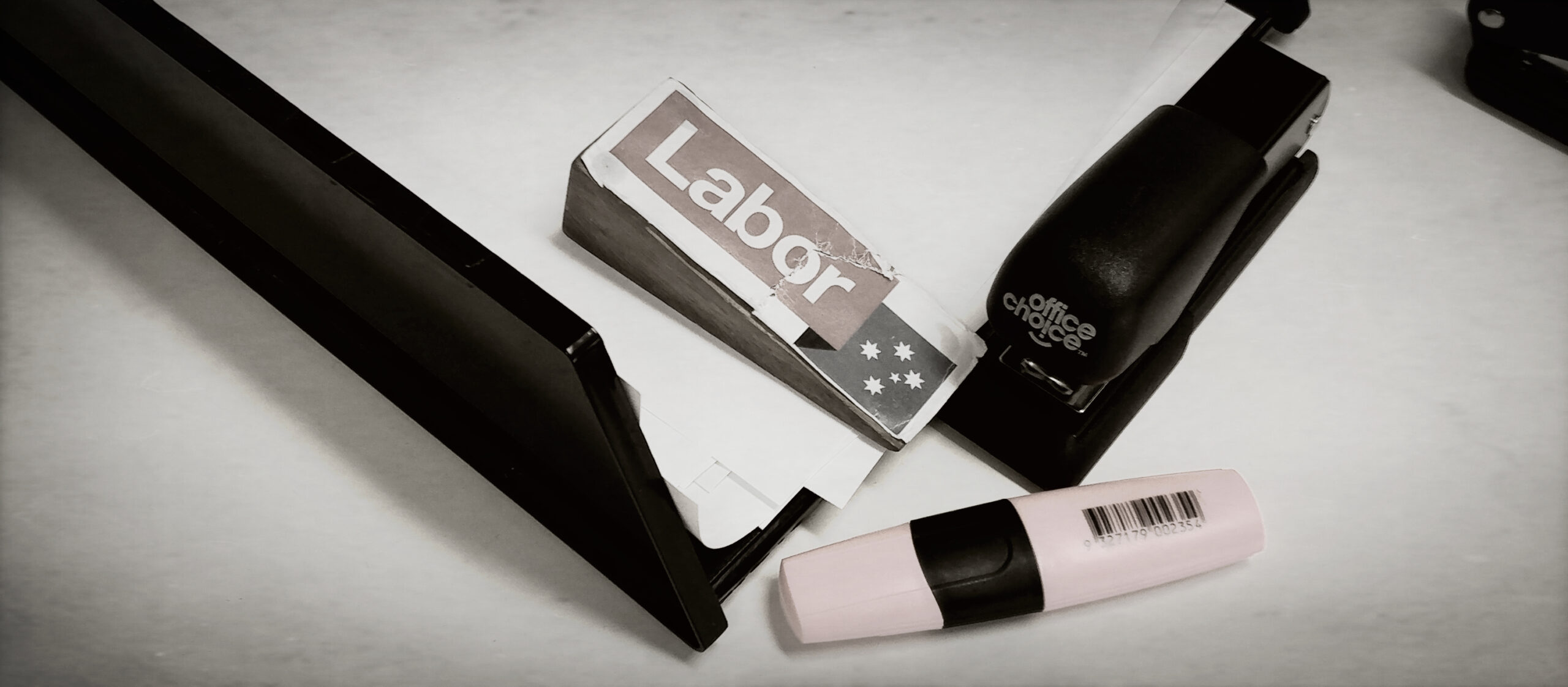
Rivalry in the details
There was no conspiracy behind the work arrangement, and I certainly carried no agenda. But understandably, the “right-hand man” image I had developed around a sensitive public figure became a liability for the side I was supporting. I’d been close to that world long enough to understand the importance of image. Although I was no longer involved in the rest of the campaign, I was warmly welcomed to join the celebration on the night the seat was successfully defended. It was something that touched me deeply—not just for the gesture, but for the unified commitment the group had shown throughout.

Democracy manifest: Voters sided with one colour this time
The scrutiny didn’t just come from the national media—other four-letter organisations other than FIRB also took interest in that chapter of history. Later, when I transitioned into a banking role in investor relations, I was called to testify as a witness. Some colleagues were surprised to see my photo suddenly appear in their Google News feed and on AFR. Had they not known me personally, they wouldn’t have recognised me.
There was an unusual story behind it all—one involving a six-figure cash inside a budget supermarket bag. While I respected the legal process, I couldn’t help but feel the narrative had been sensationalised. At times, I felt unfairly portrayed during the unfolding of the mystery.
Being called into that room is known to cause memory loss—and it can carry serious consequences. While many careers have quietly ended under such scrutiny, some have had their reputations damaged. In this particular hearing, while I walked away intact, one person took his own life after being asked to tell his side of the story—a tragedy ignored by most. It was a stark reminder of the unseen damage and quiet influence that can accumulate when ambition, power, and blurred loyalties go unchecked.
